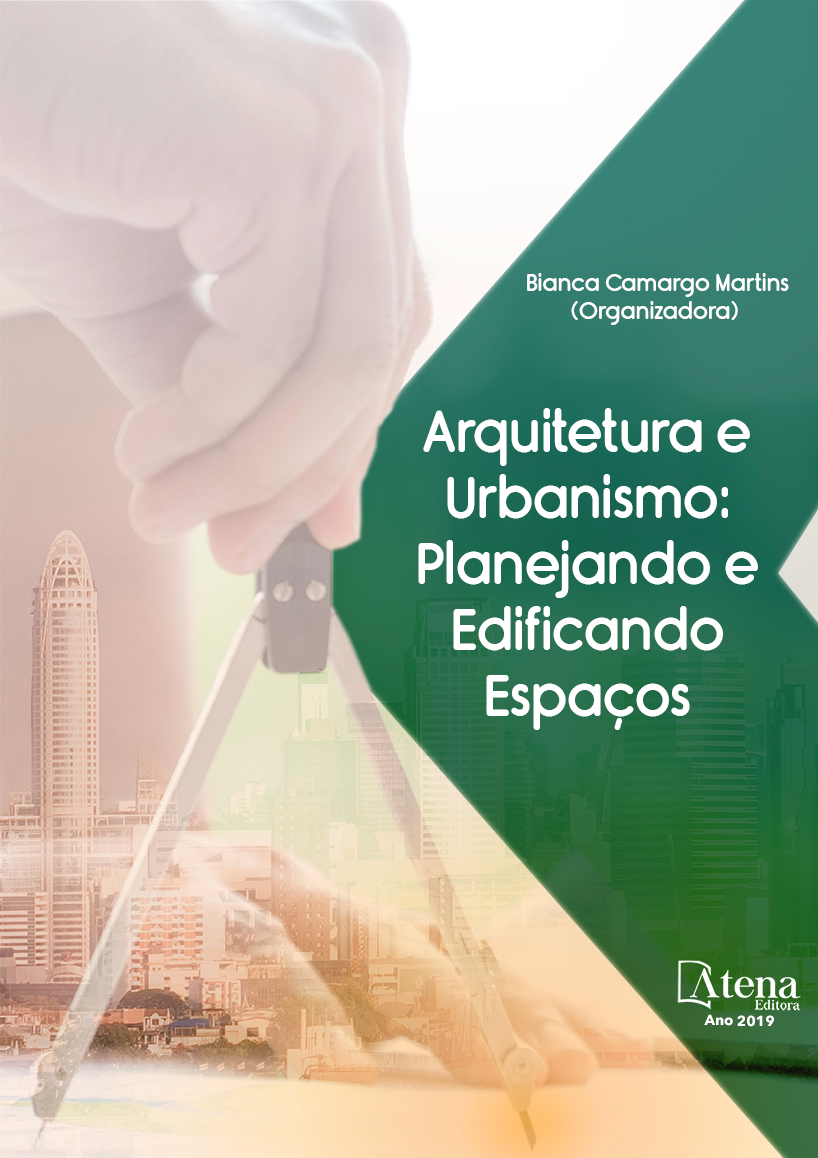
INSTRUMENTOS URBANÍSTICOS E A PRODUÇÃO NEOLIBERAL DO ESPAÇO: O TRATAMENTO DA QUESTÃO HABITACIONAL NAS OPERAÇÕES URBANAS CONSORCIADAS DA CIDADE DE SÃO PAULO - SP
Por meio de capitais públicos e
privados, o instrumento urbanístico Operação
Urbana Consorciada busca implantar um
conjunto de intervenções em determinada área
da cidade, visando transformações urbanísticas
estruturais, melhorias sociais e valorização
ambiental dessa região. No Brasil, esse
instrumento foi regulamentado em 2001 pelo
Estatuto da Cidade e a cidade de São Paulo foi
pioneira em sua utilização. Esse trabalho teve
como objetivo analisar o tratamento dado à
questão habitacional dentro das três Operações
Urbanas Consorciadas em andamento na
cidade de São Paulo (Água Branca, Faria
Lima e Água Espraiada), uma vez que têm
sido identificados processos de substituição de
população moradora, particularmente de baixa
renda, caracterizando sua expulsão. Por meio
de criteriosa pesquisa bibliográfica, documental
e empírica foi possível observar contradições na
aplicação do referido instrumento no município,
pois o apelo social contido no discurso das
Operações Urbanas Consorciadas não se
reflete no projeto urbano colocado em prática.
Nos casos estudados, fica evidente o poder
que o capital privado exerce na condução
do desenvolvimento urbano, aprofundando
e agravando ainda mais os problemas
relacionados à segregação socioespacial
existentes na maior cidade brasileira.
INSTRUMENTOS URBANÍSTICOS E A PRODUÇÃO NEOLIBERAL DO ESPAÇO: O TRATAMENTO DA QUESTÃO HABITACIONAL NAS OPERAÇÕES URBANAS CONSORCIADAS DA CIDADE DE SÃO PAULO - SP
-
DOI: 10.22533/at.ed.52819100714
-
Palavras-chave: Operações Urbanas Consorciadas. Habitação de Interesse Social. Estatuto da Cidade.
-
Keywords: Urban Partnership Operation. Social Housing. City Statute.
-
Abstract:
With public and private capitals,
the urbanistic instrument Urban Partnership
Operation seeks implement a series of
interventions in a specific area of the city,
aiming structural urban transformations, social
improvements and ambiental valuation of this
region. In Brazil, this instrument was regulated
by the City Statute in 2001 and the city of São
Paulo was a pioneer in its use. The objective
os this work is analyze the treatment given to
the housing issue in three Urban Partnerships
Operations in progress in the city of São Paulo.
(Água Branca, Faria Lima e Água Espraiada)
The replacement of the resident population
have been identified, particularly of low income,
characterizing their expulsion. Through a
careful bibliographical, documentary and empirical research was possible to observe
contradictions in the application of the instrument, because the social appeal contained
in the discourse of Urban Partnership Operation is not reflected in the urban projects put
in practice. In the cases studied, is evident the power of private capital in the conduct
of urban development of the city, aggravating the problems related to socio-spatial
segregation existing in the largest brazilian city.
-
Número de páginas: 15
- Aline de Lima Zuim
- Carolina Maria Pozzi de Castro


